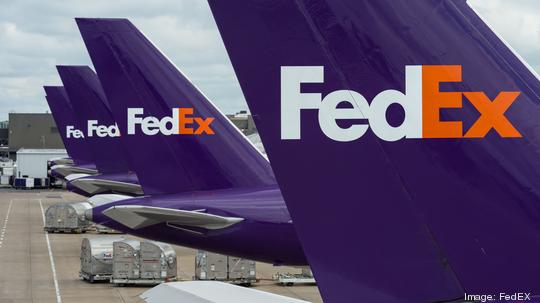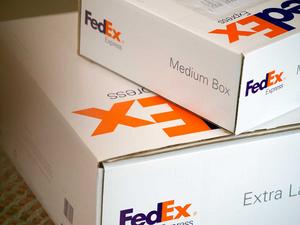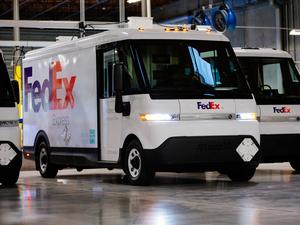
Did Fred Smith, Richard Smith, and Raj Subramaniam recently gather on a couch and binge watch the "Star Wars" films?
FedEx Express wants to install on some of its aircraft laser-based missile defense systems, which could act as a counter measure against heat-seeking missiles. The technology would direct infrared laser energy toward incoming missiles to interrupt their tracking of the heat from the aircraft.
FedEx’s idea was revealed in a document filed by the Federal Aviation Administration (FAA) on Jan. 14. The company hopes to add the defense system to its Airbus Model A321-200 aircraft.
FedEx originally applied for permission to install the technology in October 2019 — this filing explains the technology and asks for comments about it. And FedEx is not the only entity to seek this kind of equipment. According to the filing, civilian airplanes have been fired at by man-portable air defense systems several times abroad, leading companies to seek their own technology to protect against this.
The filing notes, however, that infrared laser energy can pose hazards to people on the airplane, as well as those on the ground, and on other airplanes. Human exposure to infrared laser energy can cause eye and skin damage, affecting a crew’s ability to control an aircraft. It can also impact other planes — whether airborne or on the ground — as well as property, like fuel trucks and airport equipment. And this can all challenge aviation safety.
In addition to this, the FAA design standards for the type of FedEx aircraft in question — transport category aircraft — don’t account for ones that project lasers. This makes FedEx’s proposed defense systems “novel or unusual device features,” which the standards don’t cover.
So, the administration has proposed special conditions, which would address the installation of the missile defense systems on these FedEx planes. They include requirements that the design prevents damage to the aircraft, other aircraft, and people, or inadvertent operation of the laser system on the ground.
As Politico reported, the missile defense systems could allow FedEx to keep flying over contested areas that would otherwise be closed to air traffic. When tensions in these regions rise, the FAA will restrict civilian air traffic around them, forcing companies to fly less-direct routes that cost more in time and fuel.
In the FAA's Jan. 14 filing, the administration had requested comments on its proposed special conditions for the defense systems, with the period to comment closing on Mar. 4. However, on Jan. 18, Reuters reported that the FAA was withdrawing its proposed conditions, as it believes more internal studies are still necessary.
FedEx did not respond to request for comment on this story.









